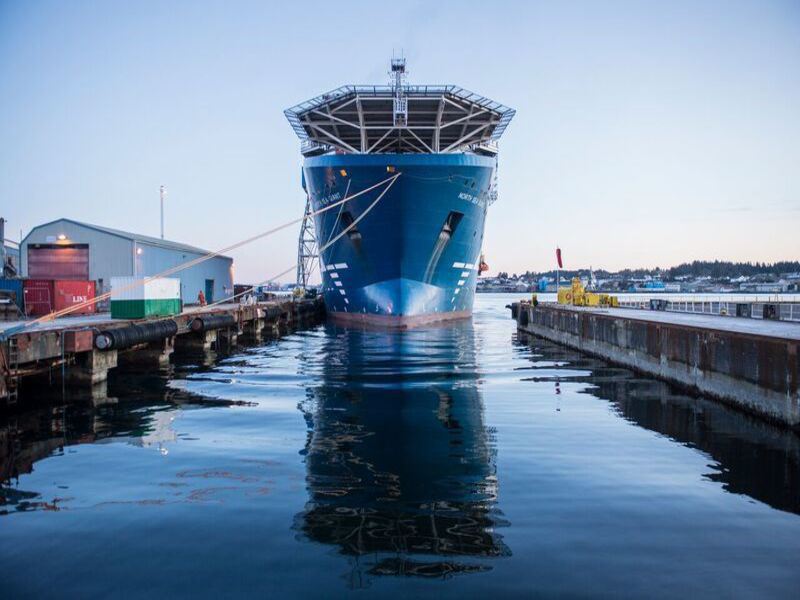
Finnish power equipment maker Wärtsilä has announced commissioning of an electronic bus link on the North Sea Shipping-owned subsea construction vessel ‘North Sea Giant’.
The newly developed module enables the ship to share load and energy optimally between the three Wärtsilä energy storage systems.
The electronic bus link is likely to provide additional operating cost savings and a complete reduction in fuel consumption of two million litres per year.
It is expected that the new technology will help cut emissions of 5.5 million kilogrammes of CO2, 30t of nitrogen oxides (NOx), and 1,200kg of sulphur oxides (SOx) per annum.
Wärtsilä Norway project centre general manager Sindre Utne said: “This is a forward-looking solution that offers both cost and environmental benefits, including less maintenance, reduced fuel consumption, and fewer exhaust emissions.
“In addition, it promotes more efficient and safer operations for the ship. We are confident that the positive impact of this solution will eventually be felt throughout the industry.”
How well do you really know your competitors?
Access the most comprehensive Company Profiles on the market, powered by GlobalData. Save hours of research. Gain competitive edge.

Thank you!
Your download email will arrive shortly
Not ready to buy yet? Download a free sample
We are confident about the unique quality of our Company Profiles. However, we want you to make the most beneficial decision for your business, so we offer a free sample that you can download by submitting the below form
By GlobalDataThe latest technology introduction follows an earlier installation when Wärtsilä deployed three energy storage systems onboard North Sea Giant.
The system has combined a diesel-electric configuration with batteries to provide nearly 50% fuel savings for the ship.
North Sea Shipping CEO Hallvard Klepsvik said: “The project has been driven by our focus on reducing the environmental impact of offshore oil-related operations in the North Sea.
“The advanced Wärtsilä energy storage system is important because of both the favourable fuel consumption as well as its sustainability. Seabed installations are increasingly moving further north into very sensitive environmental areas, which makes this system extremely relevant.”
The three energy storage systems by Wärtsilä decrease load fluctuations on the ship’s diesel generators.
Vessels using dynamic positioning usually require two or more engines to operate concurrently at low load to secure back-up power.
The operational engine can now be run closer to its optimal load point using the Wärtsilä hybrid battery system to deliver the reserve power required.







